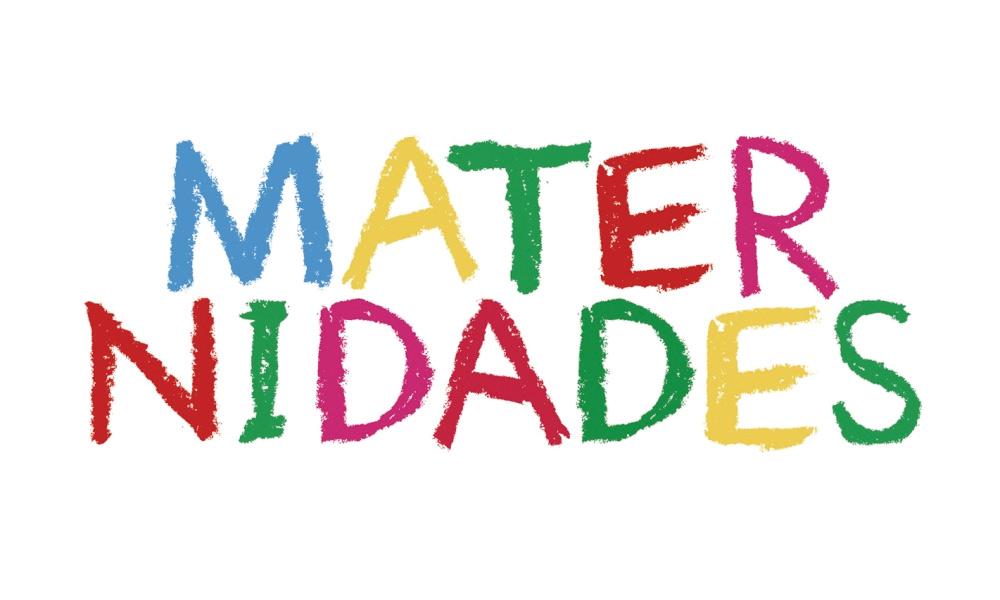A book analyzes the representation of motherhood and its political dimension
Ten authors participate coordinated by two UC3M researchers
7/28/21
The dominant narrative on motherhood relegates the woman to the private ambit and to the dimension of emotions and of sentiment, as something that is the opposite of the public and the theoretical. And this is an eminently political discourse, that is, an act of power and of structuring social relations. That is one of the conclusions drawn from “Maternidades. Políticas de la representación” (Motherhoods. Politics of Representation), a collection of essays by ten authors, published in the +Media collection by Cátedra Publishers and coordinated by two Universidad Carlos III de Madrid (UC3M) researchers and professors, which explore narratives on being a mother and its political and experiential articulation.

Within the book’s pages, a broad array of discourse and narratives on motherhood are analyzed: from the Bible to the contemporary audiovisual realm. “They are the narratives that give meaning to our experience, including that which is seemingly private and personal”, observes one of the co-editors, Pilar Carrera, Professor in the UC3M Department of Communication. “Whoever confines maternity within the four walls of the domestic, is undertaking a completely political, intentional act, with obvious repercussions”, she points out.
This book, aimed at all those “of woman born”, to quote Adrienne Reich's words, examines motherhood through a medley of voices from academia and related to the field of Communication: “It encompasses a wide range of themes from diverse areas of culture, such as painting, music, literature, photographic representation, cinema, television series, advertising or social networks”, noted the book’s other co-editor, Carmen Ciller, Professor in the UC3M Department of Communication, who has written a chapter about the motherhood experience, and its reflection in film.
Many movies tackle the theme of motherhood in one way or another. In her chapter, Carmen Ciller examines films such as “A Woman Under the Influence”
(1974), by John Cassavetes; “My Life Without Me”, (2003), by Isabel Coixet; and “Julieta” (2016), by Pedro Almodovar. In fact, this director is one of the filmmakers that has delved most into the theme of motherhood in his work, according to Carmen Ciller, who highlights the presence of the word itself in titles such as “Todo sobre mi madre” (1999) (All About My Mother) and the recently released “Madres Paralelas”, (2021) (Parallel Mothers). “A movie is a construction by the author, who is including a subjective and personal vision about what she or he feels and wishes to project. From this point of view, the majority of narratives about motherhood are geared towards the personal ambit and not so much towards its social and political repercussions. And that is one of the main questions that creators would need to address”, Professor Ciller notes.
This book presents a wide-ranging collection of issues and approaches related to motherhood. One chapter focuses on the experience during the recent lockdown (that by Nancy Berthier), while others return to examine the era of punk (Angels Bronsoms and Rosa Franquet) or the representation of these types of themes in Instagram (Eva Herrero). Additionally, other texts deal with aspects such as abortion and fetus graves (Giulia Colaizzi), motherhood and resistance (Margarita Ledo), childbirth as a frontier (Carmen Arocena), motherhood and the film and television series narrative (Carmen Ciller and Charo Lacalle) and the representation of motherhood in the apochryphal gospels and the Bible (Pilar Carrera).
In this chapter on the biblical text, the author focuses attention on the female and maternal figure that appears in some apochryphal gospels and the texts of Genesis in the Old Testament. “I was interested in examining the Bible since a large part of the modern western imaginary is inspired by certain readings and interpretations of sacred texts. For example, it is said that Eve tempted Adam by offering him the apple, but not that Eve was absolutely fascinated by the dimension of knowledge”, Professor Carrera explains. “She wants to learn, she wants to know, that is why she eats from the Tree of the Knowledge of Good and Evil… it is eminently a desire for adventure and for knowledge, an intellectual dimension. And this foray into the terrain of creation and knowledge is punished, precisely, with “pain in childbearing’”, she continues. That is, the dimensions of knowing, creation, and motherhood are all intertwined “in a way that is neither coincidental nor innocent”, in the words of the author, who concludes: “in reality it is about punishment for the audacity of thinking, for fascination with knowing”.
This book forms part of Cátedra +Media, a new collection from the publishing company, made up of short collective essays about contemporary issues. Other published volumes are: “El cuerpo y la cámara” (The Body and The Camera), by Margarita Ledo; “Basado en hechos reales” (Based on Actual Facts), by Pilar Carrera; “Espacios de intimidad y cultura material” (Spaces of Intimacy and Material Culture), by Fernando Broncano; and We have come to not see", by Jordi Teixidor, forthcoming.
Bibliographic reference: Carrera, Pilar; Ciller, Carmen (2021). Maternidades. Políticas de la representación. Ed. Cátedra +media. Madrid, España, 20/05/2021. ISBN 978-84-376-4280-2
https://www.catedra.com/libro/masmedia/maternidades-pilar-carrera-9788437642802/